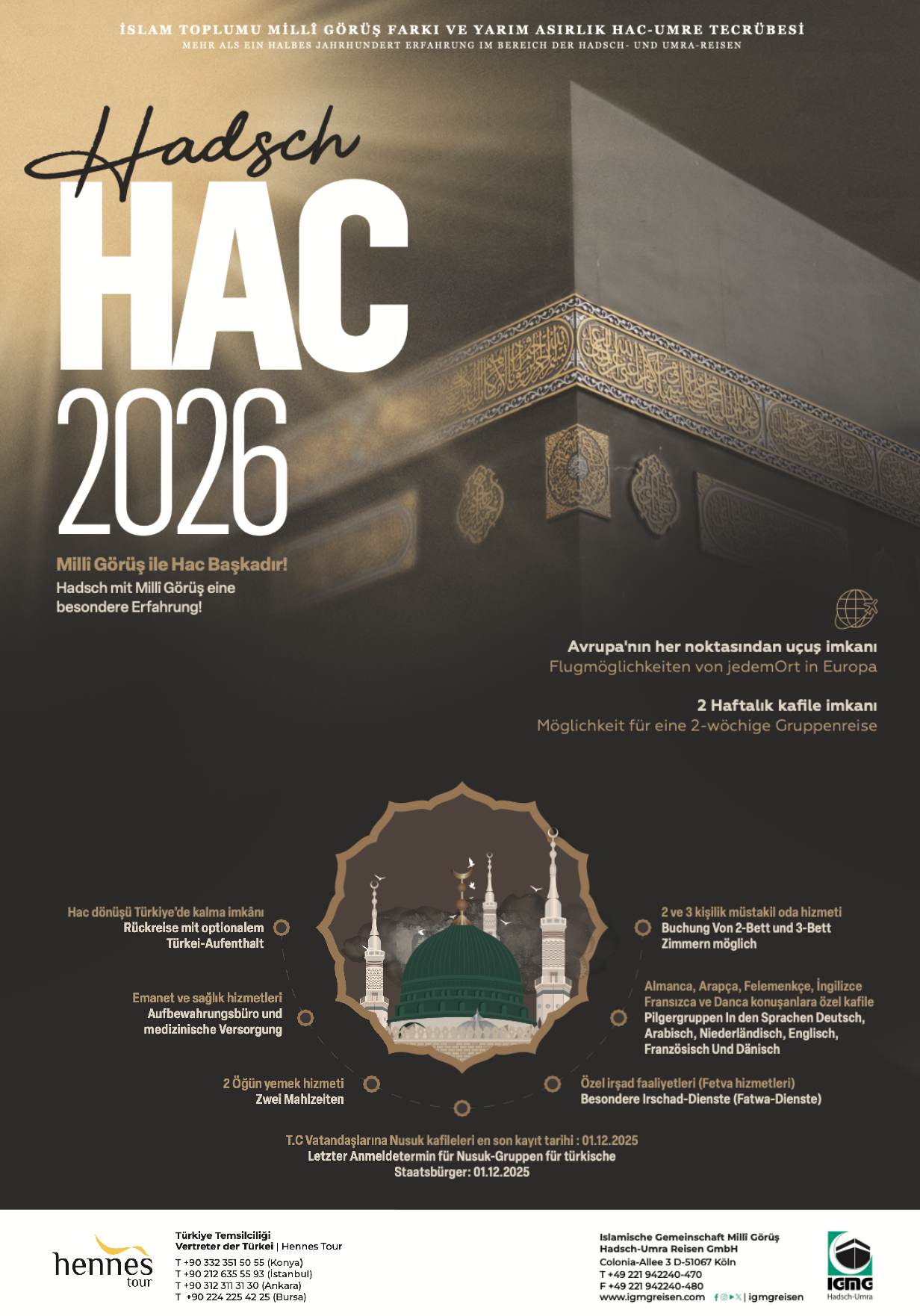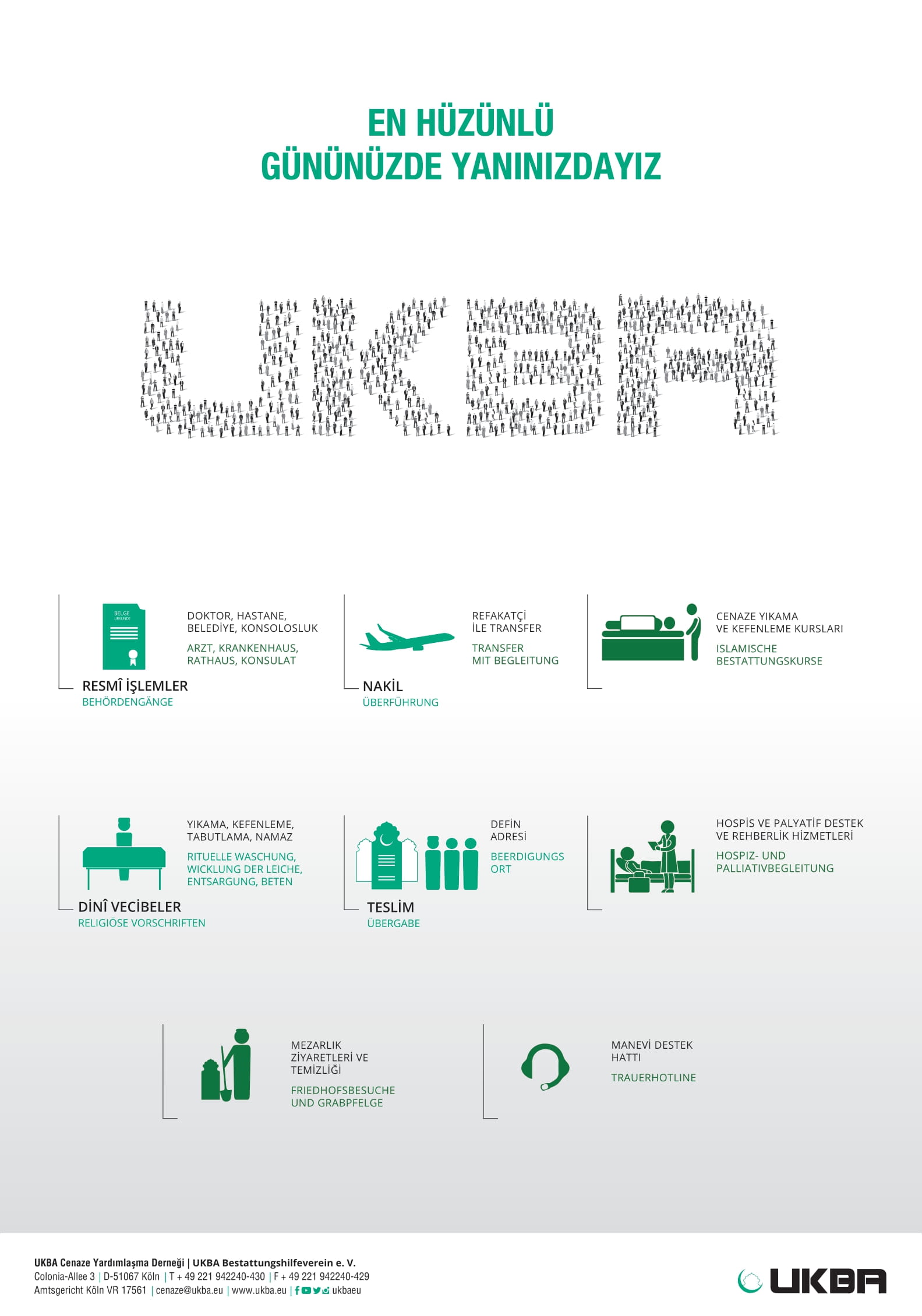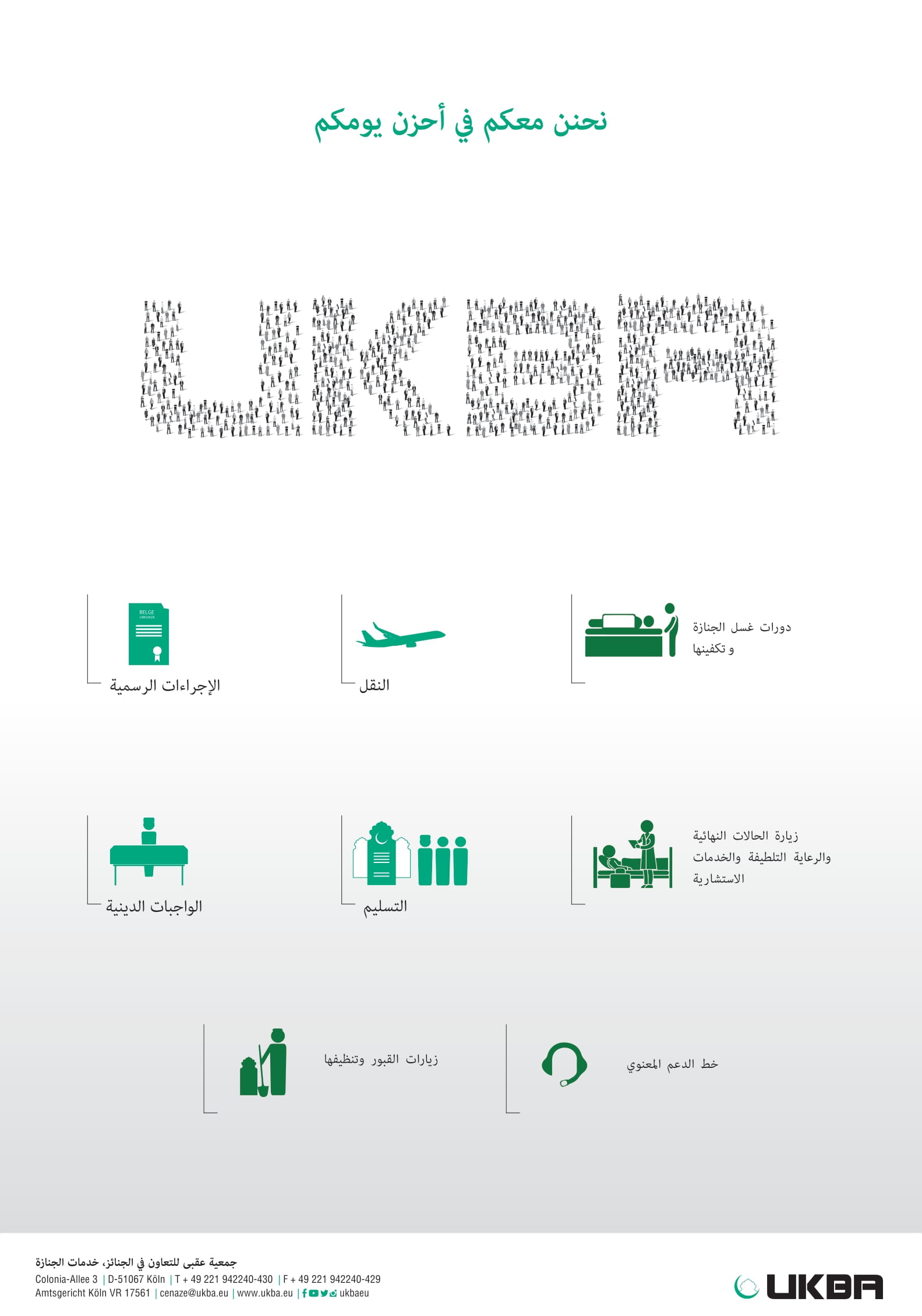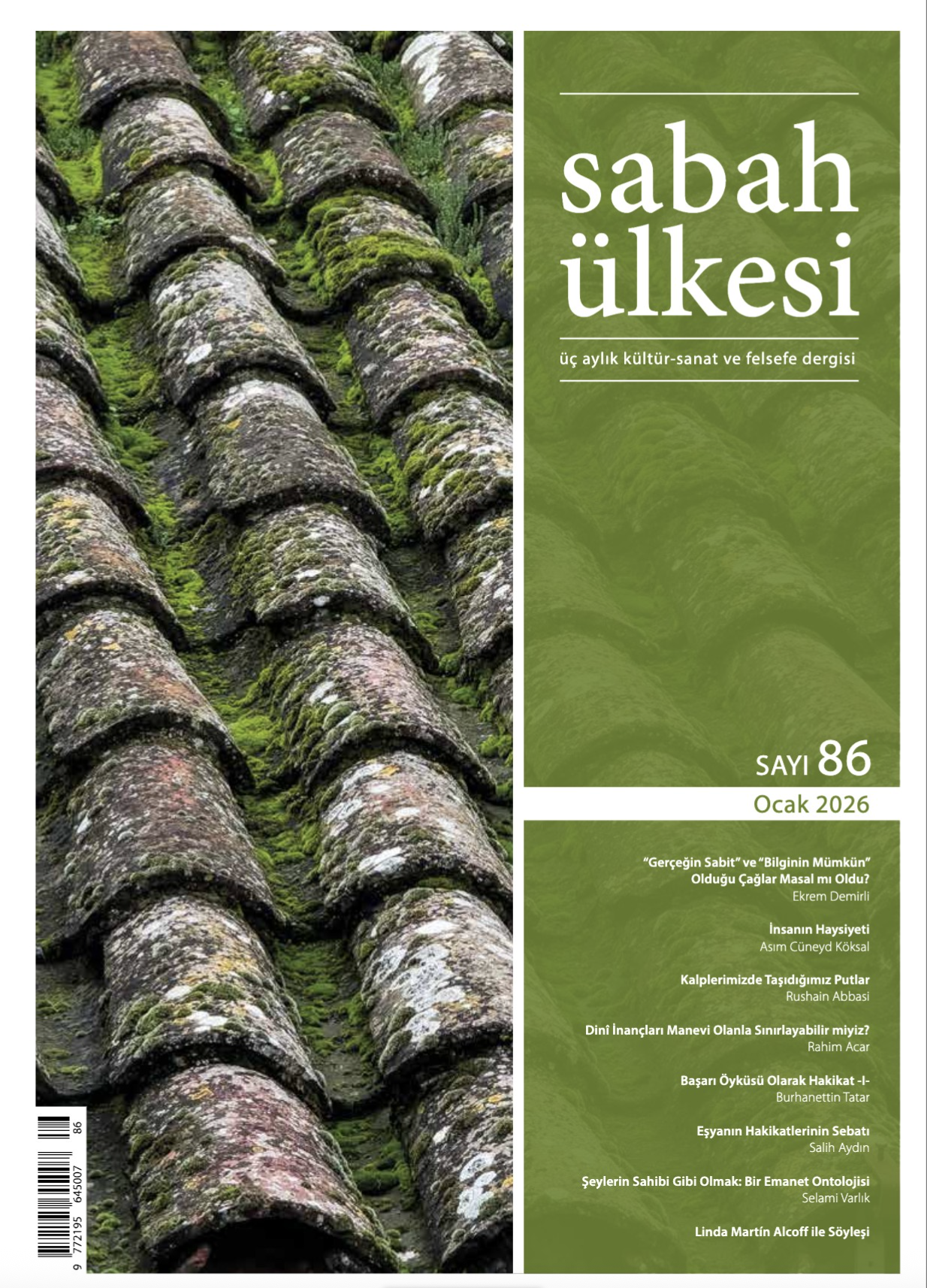Friday Khutba
Rights of Parents
15. June 2023
Dear Brothers and Sisters!
Allah (swt) has created the worldly life in order to test mankind and chose parents as a means for us to come to this life. Since our father Adam and our mother Hawwa, many parents’ paths have crossed, bringing souls into bodies and uniting their lives.
Allah (swt), who created humans, has commanded us to be grateful to Him, and also commanded us to be grateful to our parents who are the means of our existence in this world by saying: “Give thanks to Me and to your parents.”[1]
Islam places such great importance on the rights of parents that in many verses of the Qur’an, after commanding us to worship Allah (swt), it immediately emphasises treating our parents well. Indeed, in the verse that we have recited at the beginning of our khutba, Allah (swt) says the following: “For your Lord has decreed that you worship none but Him. And honour your parents. If one or both of them reach old age in your care, never say to them ‘Uff’ nor yell at them. Rather, address them respectfully..”[2] In another verse Allah (swt) mentions: “Say, ˹O Prophet,˺ “Come! Let me recite to you what your Lord has forbidden to you: do not associate others with Him ˹in worship˺. ˹Do not fail to˺ honour your parents.”[3] One day, the Messenger of Allah (saw) asked his companions three times, “Shall I inform you about the greatest of major sins?” The noble companions replied, “Yes, O Messenger of Allah.” Then he said, “Associating partners with Allah, disobedience to parents, and causing harm to others.”[4]
Dear Jama’ah!
Making parents pleased is so important that even Allah’s pleasure is connected to it. The Messenger of Allah (saw) expressed this truth as follows: “The pleasure of your Lord is tied to the pleasure of your parents, and the anger of your Lord is tied to the anger of your parents.”[5]
A believer is someone who treats all creatures with kindness. However, the ones who deserve this kindness the most are one’s own parents. In fact, this reality is expressed in another hadith narrated by Ibn Mas’ud (ra), where it is stated: A man asked the Prophet (saw), “Which deed is the most virtuous?” The Prophet replied, “Performing the prayer at its appointed time and being kind to one’s parents. Then, striving in the cause of Allah comes next.” Just as a person’s happiness in this world is dependent on how they treat their parents, their success in the hereafter is also dependent on it. The Messenger of Allah (saw) said: “Parents are one of the main gates that lead to Paradise. It is up to you whether you seize the opportunity to enter through this gate or let it slip away.”[6]
Dear Brothers and Sisters!
Our scholars, based on numerous verses and hadiths that command kindness towards parents and prohibit ill-treatment, have explained in detail the duties that a believer has towards their parents. Among these responsibilities, the prominent ones are as follows: Being cheerful and kind in behaviour towards parents, never causing them any harm, fulfilling their reasonable requests that are not contrary to the religion, seeking to making them happy, refraining from speaking loudly in their presence, providing for them if they are in financial difficulties, willingly serving them when they become dependent due to illness or old age, and not even uttering a word of disrespect towards them. Even after the passing of our parents, there are duties we should fulfill for them. The foremost among them include remembering them with mercy, praying for them, engaging in acts of goodness and charity on their behalf, fulfilling their lawful bequests, showing kindness to their friends, and refraining from behaviours that would lead to speaking ill of them.
May Allah (swt) grant health and well-being to our living parents and make us among those who treat them well and attain the status of being righteous children, as commanded by Allah (swt) and advised by the Messenger of Allah. May Allah (swt) bestow His mercy upon those of our parents who have passed away. Ameen.
[1] Surah Luqman, 31:14
[2] Surah Al-Isra, 17:23
[3] Surah Al-An’am, 60:151
[4] Buhârî, Edeb, 6
[5] Tirmizî, Birr, 3
[6] Tirmizî, Birr, 3

















